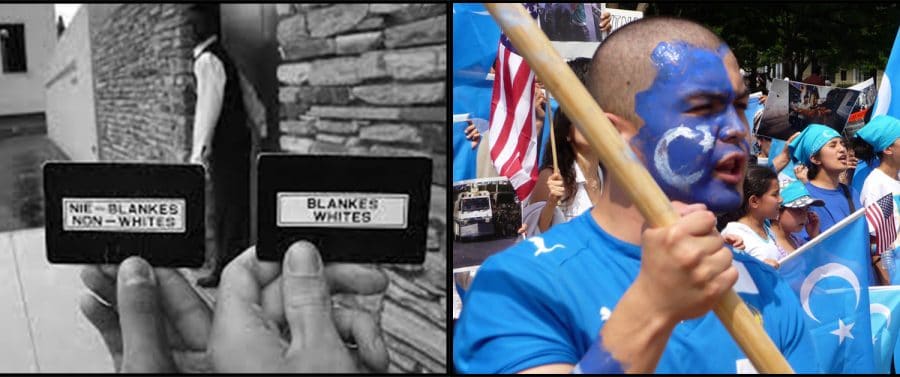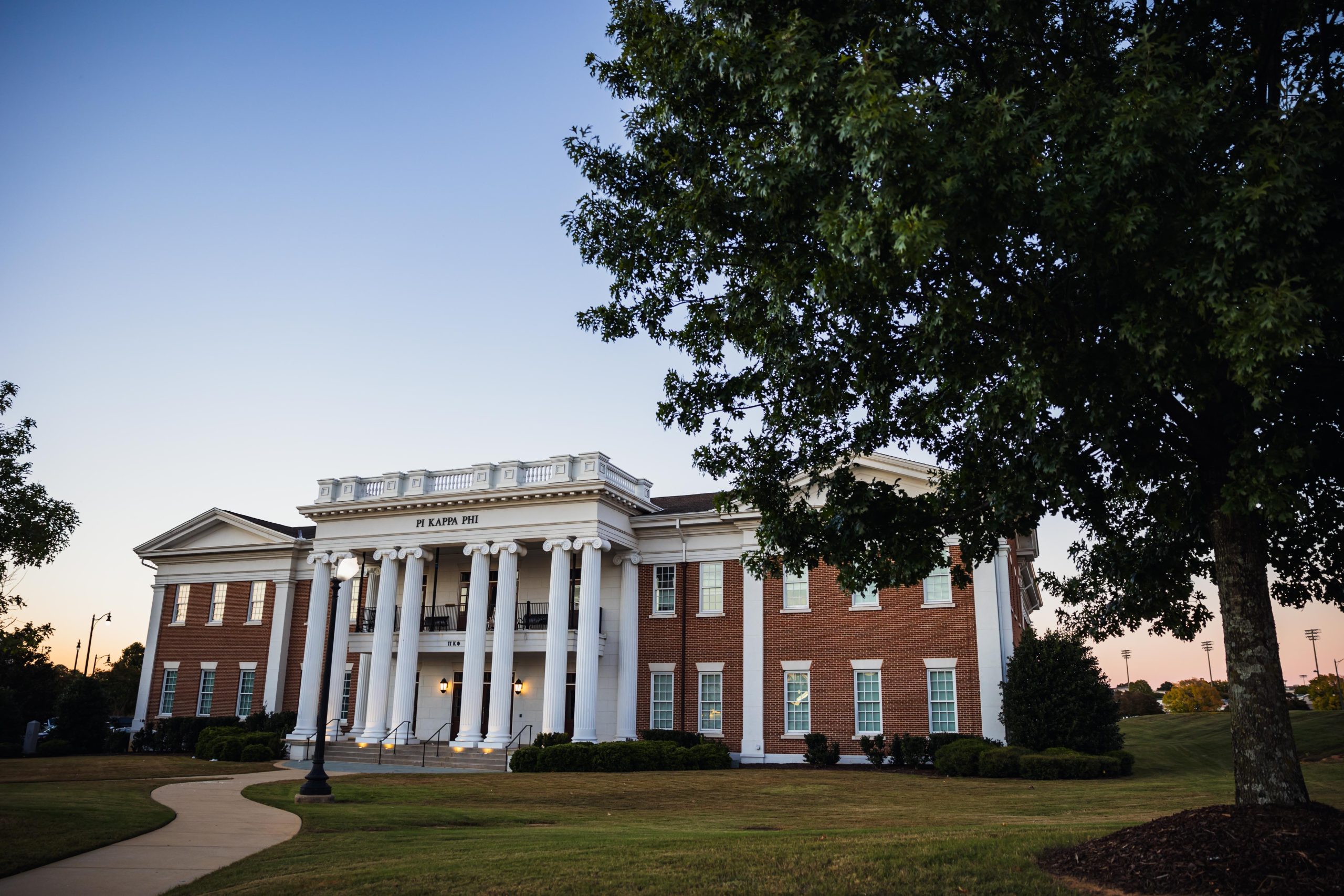Opinion | Apartheid inspired sanctions. What about the Uyghurs?
March 24, 2021
In the late 20th century, change was inescapable. In the United States and around the world, movements for civil rights grew in momentum and potential. Social norms were erased and rewritten. Individual rights were strengthened. Political systems collapsed.
One of those political systems to collapse was the apartheid system of South Africa, a form of institutionalized racism and segregation that was spread throughout public and private life. Killing off an institution like apartheid was only possible through the dogged work of activists. And by making South Africa literally pay for their policies.
The movements to end racist regimes often couldn’t or wouldn’t resort to violence. Instead, they fought with economics. Moments like the Montgomery bus boycott and even the Associated Press snub of the UA 1966 football team provided momentum for the end of segregation in the United States. For the South African apartheid government, the greatest death blow was isolation from the international community in the form of sanctions.
In 1986, the United States Congress passed the Comprehensive Anti-Apartheid Act. The act included a series of trade and economic sanctions that would only be lifted when South Africa abolished its apartheid system. Several European and Asian countries drew a similar line against South Africa, and finally the dam broke. In 1991, apartheid laws were repealed and a new constitution of South Africa was formed. The effects of apartheid’s end were so profound for South Africa it was like a new country was born with a new flag, new constitution and the transfer of power from the white minority to the black majority of country.
To challenge such monolithic and widespread wrongs seems daunting, if not impossible, but these historical examples show that such crimes cannot go unanswered. That is why I relate them to the Chinese government’s persecution of the Uyghurs.
We’ve challenged segregation within our borders and beyond and were successful. Why not do the same for this modern day atrocity? We are so deeply backward on this issue that the president downplays the events and claims, “culturally there are different norms”.
By that standard should the American Civil War never have taken place because the North should have recognized the culture of the Antebellum South? Should segregation and the apartheid never have been challegned becasue they’re simply different cultures?
The obvious answer is no. And the probable reason for the inaction against China’s genocide is a lack of courage. The first step is always the most difficult. Do you think it was easy to be Vivian Malone, Autherine Lucy or James Hood, the first Black students to attend The University of Alabama?
No. They faced ridicule, intimidation and threats, but they persevered. We have a template to confront China’s crimes against humanity. We have a means to reject the “cultural norm” of allowing a genocide to happen every generation.










